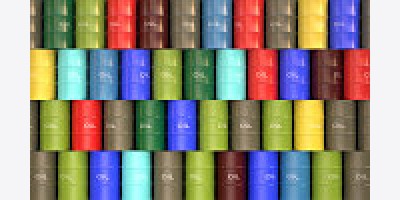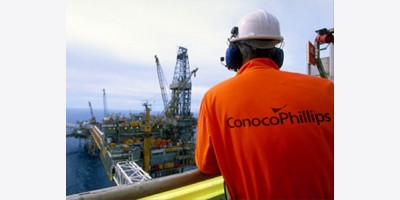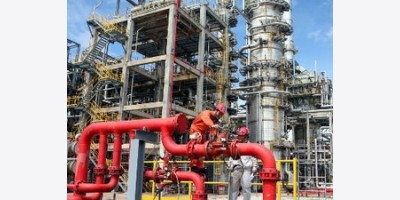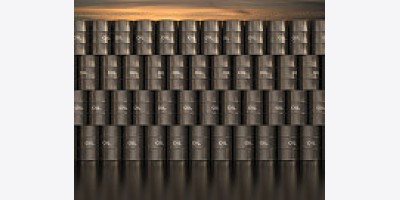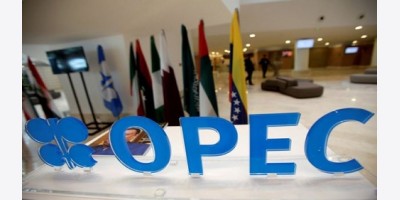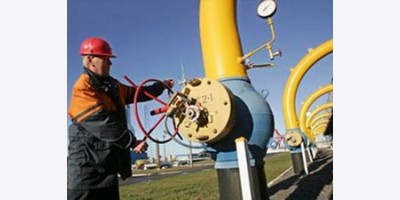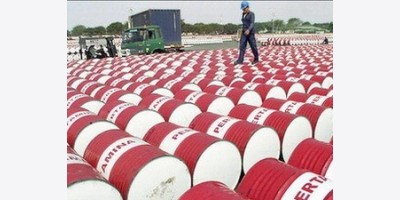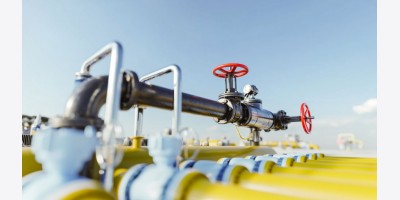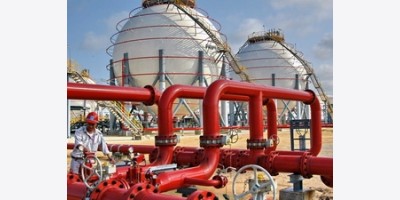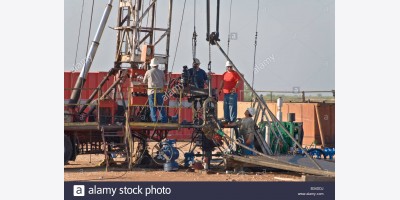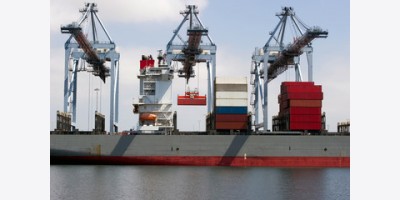BP is moving to export crude oil from the United States, but doing so in a way that avoids violating the export ban. It has agreed to take 80% of the capacity coming from a small refinery under construction in Houston. The $360 million facility to be operated by Kinder Morgan would partially-refine the oil, just enough to be categorized as a refined petroleum product, rather than crude oil. The U.S. has maintained an export ban on crude oil for 41 years, dating back to the 1973 oil embargo. The ban was intended to insulate the U.S. from price spikes and supply shortages.
Yet the surge in oil production over the last few years has sparked calls for repealing that ban, a campaign that has picked up steam in recent months. It appears BP is not waiting for a decision from Congress or the Obama administration. Refined petroleum products are not subjected to the ban, so by lightly refining crude oil, BP hopes to evade the rules. Other refineries are popping up along the Gulf Coast to refine more and more oil.
The move is an intriguing one, and could take the steam out of the political debate over exporting crude oil. Proponents of the ban argue that lower cost crude oil is a competitive advantage for the United States (the same logic is used for not allowing LNG exports). Oil drillers argue that exports will expand the market, incentivize more drilling, and provide an economic boost for the country. BP may make the debate academic if it leads the way in an end-around the law. If other companies follow suit, the U.S. may begin exporting “crude” oil whether or not Congress makes a decision on the ban.
By Joao Peixe of Oilprice.com







